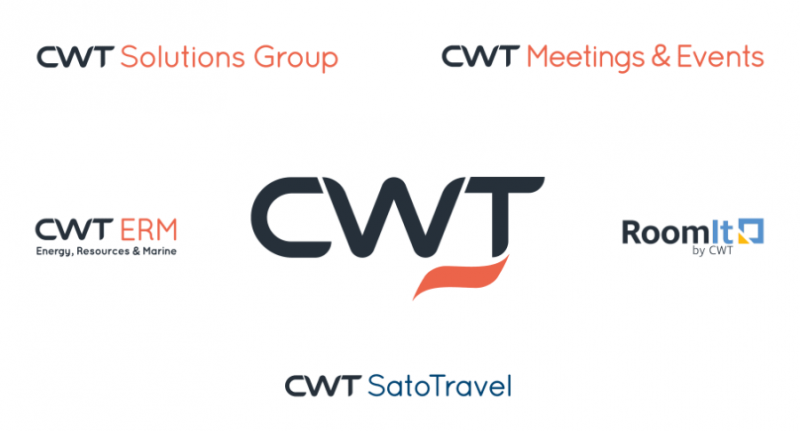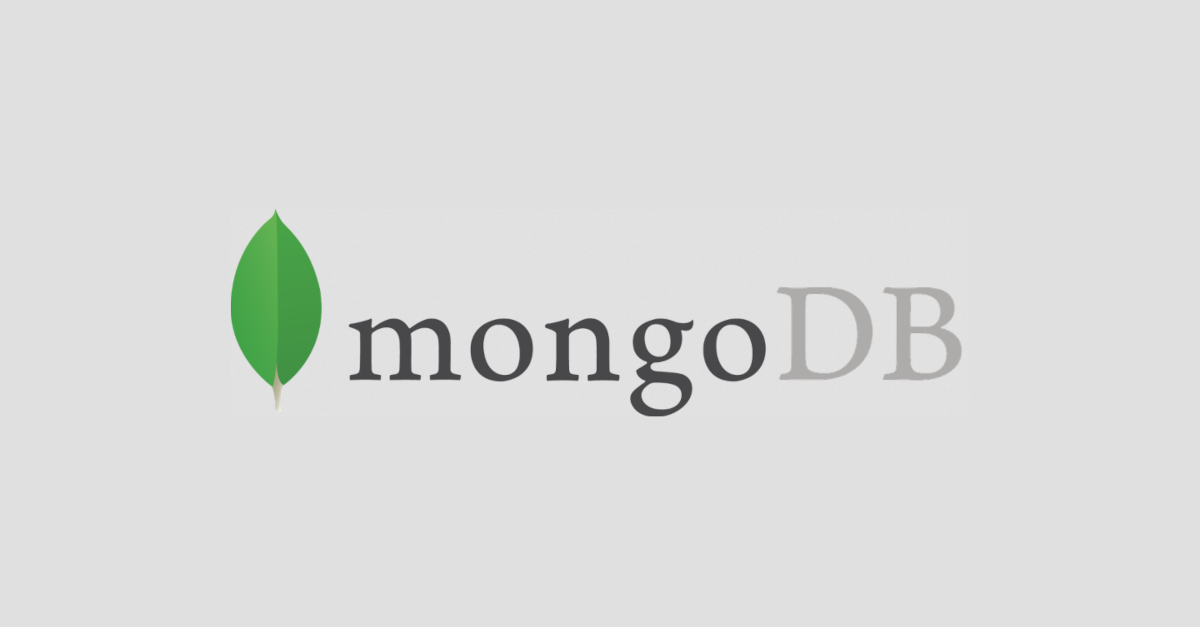Security News

There's an old adage in information security: "Every company gets penetration tested, whether or not they pay someone for the pleasure." Many organizations that do hire professionals to test their network security posture unfortunately tend to focus on fixing vulnerabilities hackers could use to break in. These folks are very often contractors who work with established ransomware groups, and who are paid a set percentage of any eventual ransom payments made by a victim company.

Virginia's largest school system has been hacked and the attackers are seeking a ransom payment to keep them from disclosing stolen personal information. The school system confirmed the hack and said it is investigating and working with law enforcement.

Most online attacks could be easily avoided by following basic cyber security advice, Australia's national cyber security bureau has said - even as it warned that the impact and severity of things like ransomware attacks are getting worse and worse. "Cybercriminals follow the money," said the Australian Cyber Security Centre in its annual report for 2019-20, published earlier this week.

Lafayette, Colorado, officials announced Tuesday the city's computer systems were hacked and they were forced to pay a ransom to regain access. Lafayette officials said hackers disabled the city's network services and blocked its access until the city paid a $45,000 fee, the Daily Camera reported.

CWT, a giant in the corporate travel agency world with a global clientele, may have faced payment of $4.5 million to unknown hackers in the wake of a ransomware attack. A CWT spokesperson declined to comment on whether the ransom was paid, or any technical details of the attack, or how it was able to recover so quickly.

US corporate travel management firm Carlson Wagonlit Travel has suffered an intrusion and it is believed the company paid a $4.5m ransom to get its data back. The ransomware, a relatively new strain first seen late last year, deploys a Windows XP virtual machine onto the target network in order to unleash the ransomware itself.

Presumably, the fact that the blackmail message was uploaded to your database - proving that the crooks had write access - is meant to convince you that the crooks definitely also had read access and therefore did indeed steal all your data. One thing missing from the blackmail message above is the sort of pressure you'd expect in a ransomware attack, namely that you're paying to get your data back because the crooks have wiped or scrambled it.

A city in northern Alabama will pay a ransom worth $300,000 in Bitcoins in response to a hack of its computer system. Florence City Council voted unanimously at an emergency meeting Wednesday evening to make the payment from the city's insurance fund in an effort to preserve information tied to its city workers and customers, news outlets reported.

Research shows the public often wants restitution from businesses that fall foul of ransomware - with 65% of respondents wanting compensation, and 9% even wanting to send the CEO to prison. "The two most essential things that businesses should have in place, according to their customers, are protection software and backup copies of their data. Now, it seems, if businesses don't get these basics right, consumers are ready to punish their leadership."

The CFO of a small company that was the victim of a ransomware attack reveals why they paid the ransom to gain back control of their systems. TechRepublic's Karen Roby talked with the CFO of a small company in Kentucky that fell victim to a ransomware attack.